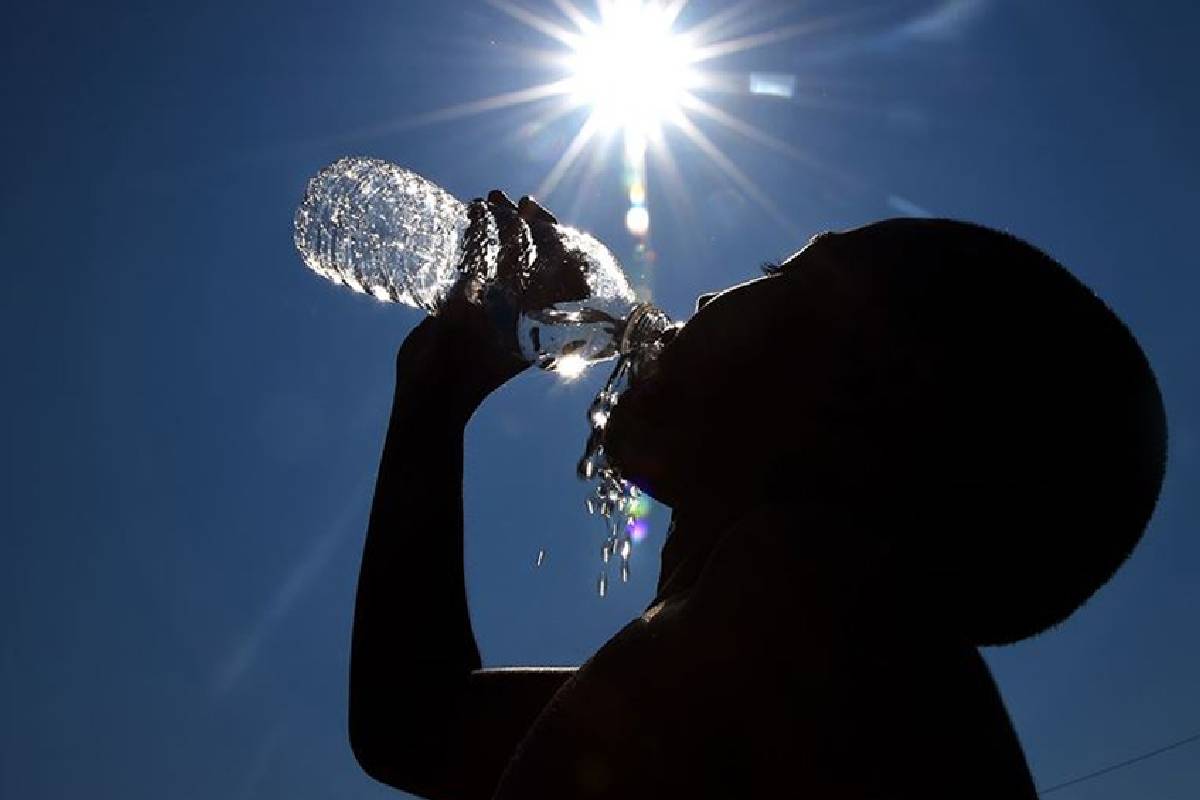PALAKKAD: As daytime temperatures soar to 36 degrees Celsius even before the peak summer period, Kerala braces for record-breaking levels of power consumption. The Kerala State Electricity Board (KSEB) faces mounting challenges as heatwaves grip the state, intensifying electricity demand. “The situation appears critical. I’ve called for a meeting with top officials to address the impending crisis and explore options for securing additional power from the national grid,” stated Power Minister K. Krishnan Kutty.
Last year, Kerala witnessed unprecedented power consumption, reaching a peak of 102.9 million units (MU) on April 19. Daily consumption surged past 95 MU on February 21 this year, prompting the board to seek assistance from the national grid to meet the escalating demand.
ALSO READ: Kerala brings back ‘Water Bell’ to hydrate students in heat
Typically, Kerala’s daily power consumption hovers around 75 MU, but recent weeks have seen a surge of up to 20 MU. Anticipating a harsh summer following a deficit Southwest monsoon, KSEB curtailed generation from October.
Hydel power generation, which was at 10 MU in early February, has now risen to 22 MU. The state receives 16 MU through long-term power purchase agreements, with an additional 26 MU allocated from central generating stations. Further, KSEB secures 4 MU through swap arrangements, 6 MU through short-term purchases, and an additional 10 MU from the real-time market, costing between `9-10 per unit.
Rising temperatures are driving the spike in power consumption. January saw a demand of 257 megawatts, a 9 million unit increase compared to 2023. Should this trend persist, new records may be set in April with the onset of the monsoon.
ALSO READ: Green Protocol helps turn Pongala Festival cleaner, safer
The scorching conditions are impacting daily life, with Kerala preparing for one of its hottest summers in a decade. As power consumption surges, KSEB is compelled to procure an extra 9 million units daily from the real-time market, despite the higher costs involved.
Weather experts attribute the temperature surge to El Nino, currently at its peak. The health department has issued advisories urging individuals working outdoors to stay hydrated and avoid prolonged exposure to sunlight.
IMD senior scientist V K Mini notes the temperature rise, though above average, may not necessarily indicate an extreme summer. Amidst the sweltering conditions, increased use of air conditioners, coolers, and fans exacerbates the power demand, exacerbating the challenges faced by KSEB.

